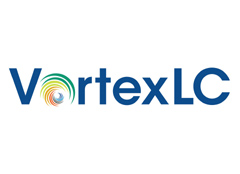Vortex enhanced liquid chromatography for HbA1c monitoring based diabetes management in a globalized setting
https://vortexlc.research.vub.be/

ACRONYM:
VortexLC
LEADER:
Evangelos Gogolides
START DATE:
01/03/2022
LATE DATE:
28/02/2026
FUNDING SOURCE:
H2020